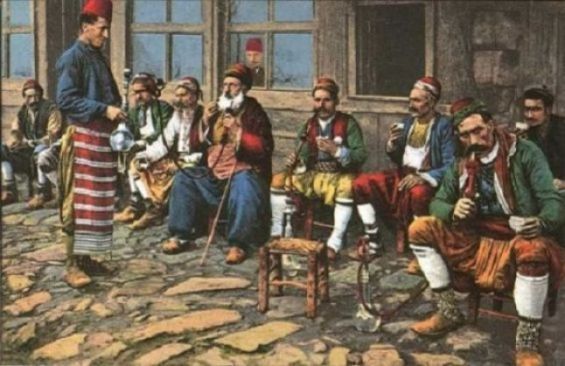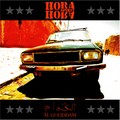Drinking a cup of coffee every morning before heading to work is a must ritual for some of us. Widely consumed in Morocco and around the world, the beverage that is taken for granted these days was a privilege to our ancestors.
During the 19th century, sipping coffee was deemed a sin and was at the heart of big debates that involved Muslims scholars from around the Kingdom. In fact, just a few centuries back, Moroccan sultans ordered the beheading of those who dared purchasing this drink, considered at the time as an illegal substance.
Prosecuted for drinking a cup of coffee
Historical accounts suggest that coffee grains invaded the Middle East, India and Persia during the sixteenth century. But making it to the Muslim world was a great deal, as many fatwas and religious interpretations targeted the beverage.
During the seventeenth century, the Ottoman sultan Murad IV was among the first sultans to criminalize coffee consumption and ordered the execution of those violating this order.
In Morocco, historian Muhammad Ibn-at-Taiyib al-Qadiri believed that the Ottoman’s prohibition was «just» and put coffee on an equal footing «with alcohol and tobacco». In his book Nashr al-mathani li-ahl al-qarn al-hadi ‘ashr wa al-thani, he recalled that «this ruthless ban was also applied in Egypt and the Levant».
In their book Abdelahad Sebti and Abderrahmane Lakhssassi «From Tea to Atay : History and Habits» (1999) reveal that banning or allowing coffee consumption was at the heart of a long debate between Moroccan ulema, including Mohamed Taleb bin Hamdoun Ben El Hajj.
«People who drink it excessively reach a stage of intoxication similar to that of alcohol consumption», concluded Ben El Hajj, who added that coffee can lead to addiction and bad eating habits.
Moreover, the Marrakech judge indicated that all meetings that include coffee consumption must be avoided. On the other hand, Sheikh Al Youssi, who lived in the seventeenth century, openly banned coffee consumption by calling on Muslims to avoid this drink that «drives people crazy». Sheikh Ahmed Zarrouk also issued a fatwa where he religiously forbade this substance that «affects the body and the mind».
Coffee becomes halal
Other theologians campaigned for the lifting of the ban on coffee consumption, like Moroccan lawyer Al-Ajouri, who lived in the sixteenth century. According to the book «From tea to atay : History and Habits», Al-Ajouri has indeed put forward the benefits of coffee on the human body and health. According to him, this drink facilitates digestion, cures certain diseases and removes bad breath.
Over time, Moroccans have bypassed debates over the prohibition of coffee or lack of authorization for religious reasons. Its free use has made it gradually into a household item. First introduced at parties and events, coffee has become a common ritual ointhe daily lives of many families in the country.





 chargement...
chargement...













